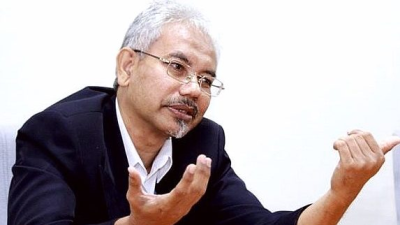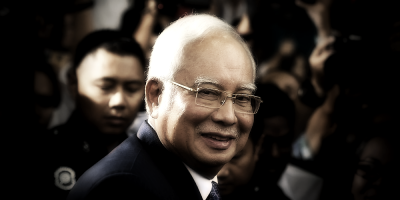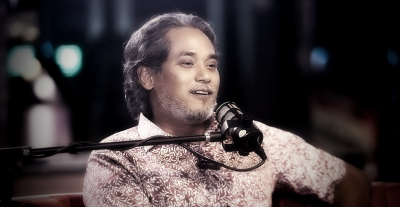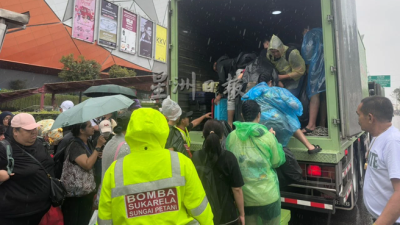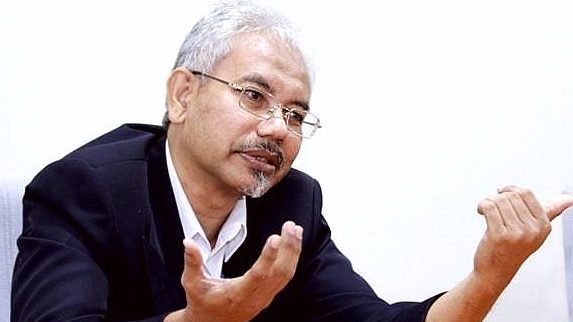
In less than a week, Malaysians in six states will have to decide to go or not to go to cast their ballots.
Alhamdulillah, for me, I think many Malaysians, and by Malaysians I mean non-Malays and a few progressive-thinking Malays, will actually feel it is important enough to deny a win by one political alliance that supports bigotry, racism and the usurpation of all our civil liberties and human dignity.
The choice to these Malaysians is very clear. And yet there is still a certain portion of these Malaysians who feel that they are getting the short end of the stick by going out to vote and thus, they would prefer to sit out the elections.
The question is, why would these Malaysians do that?
I have detected four narratives that have made these Malaysians feel that way, and I will elucidate them in this article. I will also provide my take on these narratives.
The first is that the Anwar administration is not delivering the promised changes. For this, many Malaysians feel betrayed.
My take of this narrative is that Anwar is the head of the Unity Government and no longer the PH one. It should not be too difficult to understand that in politics, one cannot force the hands of partner coalitions just by becoming the PM.
Anwar is not a PM who will offer money, titles and GLC positions like a previous PM as a first instinct.
A political union of necessity recommended by a visionary YDP Agong was never a voluntary nor a strategic act of consent, rather a marriage of mostly convenience and just a little conscience.
It is like an arranged matrimonial relationship by two families, and the couple can either be miserable or try their best to work it out as they go along in life.
Thus, some pledges or promises of the PH need to take a back seat and some need a slow pace of getting agreement.
It is a pity if Malaysians do not understand this simple concept of “making the best of things.”
Secondly, the narrative is that Anwar is making Malaysia more Islamic in dealing with the PN. What he should be doing is to concentrate on the economy. Once the economy is good, everything will be hunky dory.
Well, I am not an economist but I will tell Malaysians that I don’t believe that economics is our biggest danger.
For me, the biggest danger is the mistrust between the Malays and non-Malays.
A former prime minister is now the foremost agent of mistrust in his Malay Proklamasi, Kongress Maruah Melayu and the declaration that Malaysia is not a multiracial nation but a Melayu one.
I do not know about economics but I believe trust is the key to any business venture and policy success.
Thus, Anwar needs to secure at least 50% trust with the Malay electorate, and if this is not there in three years’ time, then we will go back to the mistrusts of 1969 and before.
The strategy of empowering more Islamic messaging is necessary because the enemy uses that rhetoric as their main call to the Malays.
The Malays are no longer the P. Ramlee Malays of the 1970s with nightclub dancing and alcohol drinking, but Malays with serban and jubah with Dzikir beads in their hands.
Wake up Malaysians and see your Malay friends and neighbors. This is the 21st century reality of the Malays who have surpassed their economic well-being.
Not voting will secure a narrative of Islam that I am pretty sure will never make room for change that we all want.
For Malaysians, economic security is when your investment allows you not to work anymore and is safe for the next two generations.
For the Malays, economic security is the pension that keeps coming in every month and any extra money will be spent on pilgrimages to Mecca as many times as they can afford.
The Malays want the salvation of “syurga” while others want to travel the world.
The third narrative is that parties like the DAP are now dropping off good seasoned candidates and therefore are not doing the constituencies and incumbents any favor.
This has brought about a revolt in the party by the candidates and voters.
For me, if you were elected because of your party’s machinery, then you owe the party. Furthermore, you will never know whether the people voted for you or the party.
Voters should understand that with a party system, when a new leader like Anthony Loke comes in, he would need his team to make his vision come true.
For the candidates, your party made you and reacting against it is a sign of ingratitude.
Live with the party or do not live with that party at all. There is no in-between.
The fourth narrative is that not voting is a luxury that voters have in Malaysia.
For many, democracy means the power to make changes through the ballot box. I do not remember reading that the power to make changes requires us not to use the ballot box.
The only time when the power of not voting works in a democracy is always to the bad politicians and political parties.
Not voting leaves a bad political party reigning the administration or gives a walkover to the other party wanting to create a Malaysia of only one race, the dream of Tun M and Hadi Awang.
Who should be responsible when Malaysia falls to this kind of people? Whom do we blame if that happens?
Of course, these voters who stay home will quote the three above narratives and say they are betrayed, disheartened and disgusted.
Well, I thought that in life, we will always have to choose between several options that may not be to our liking.
If life was a choice about choosing our favorite things of not being ill, not being poor and not being hated by people, then it would never have been a choice or life at all.
Life is always having a choice of “between two evils” if we choose to see, say Islam, as an “evil.”
For me, Malaysians should look and read what the Madani Islam offers and make the right choice knowing that change towards what we all want may eventually happen slowly but surely.
Not voting will secure a narrative of Islam that I am pretty sure will never make room for change that we all want.
We live in an imperfect world, dear Malaysians. That is how God intended so, and working within this imperfection of the world is the ultimate test of spirituality and humanity by all sapiens.
I have always said that “our country is our responsibility.” And I have always added that “our country, our fault.”
Whatever happens after the state elections, it will be by our hands, one way or another.
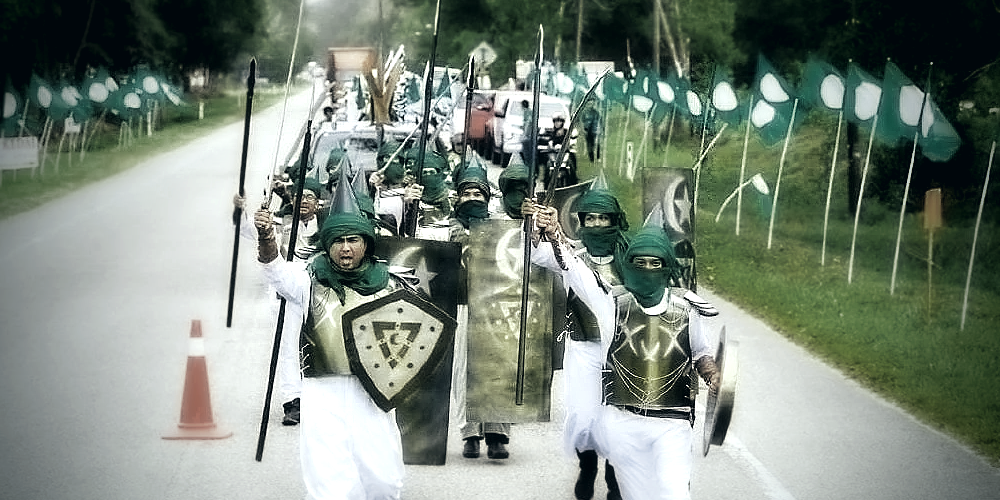
(Prof Dr. Mohd Tajuddin Mohd Rasdi is Professor of Architecture at a local university and his writing reflects his own personal opinion entirely.)
ADVERTISEMENT
ADVERTISEMENT






